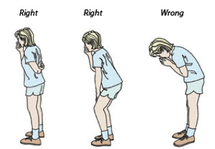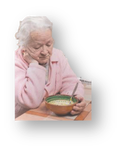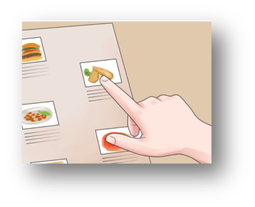 Eating and Drinking Problems related to Dementia A number of eating and drinking issues may occur for those with dementia including under or over eating and swallowing problems. Swallowing difficulties (dysphagia) related to dementia and Alzheimer’s have increased with longer life expectancy. The prevalence among those individuals with intellectual disability is also increasing, however at a younger age as they prematurely age. Swallowing difficulties: How do you know someone has an eating and drinking difficulty? They will have some or all of the following signs while or after eating and drinking:
 Under-eating As we age our appetite decreases. For those with dementia this decrease in appetite can be more pronounced. In the early stages under-eating can be prompted by depression and later on due to forgetting to eat or even how to eat. Medications can affect appetite too. Suggested support
Over-eating: For some people with dementia an increase in weight can be an issue for a number of reasons. They:
 General suggestions:
Equipment:
 Use visual and other strategies:
Safety:
The role of the team and when to refer:
If you need help with someone with a swallowing problem, just contact us at Therapy Professionals Ltd, our friendly Speech Language Therapist can help.
Phone: 03 377 5280 Email: [email protected] Website: therapyprofessionals.co.nz Comments are closed.
|
AuthorShonagh O'Hagan Archives
July 2024
|

 RSS Feed
RSS Feed